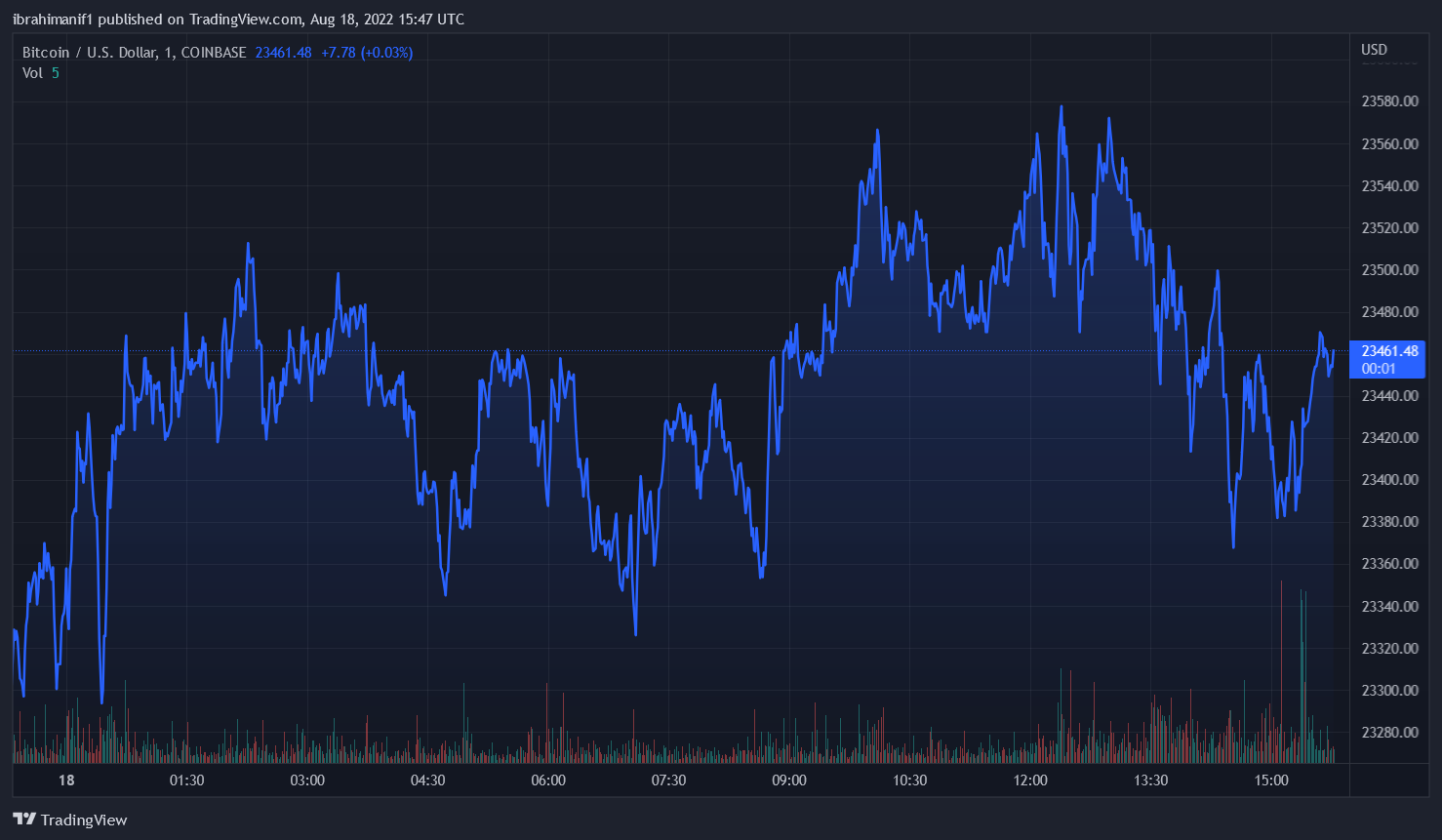The South Korean police have just completed a successful trial program that allows it to take crypto from individuals to pay their traffic fines.
Gunpo, a small city in the northwestern Gyeonggi province with a population of 275,000, has completed a pilot program that allows police to seize cryptocurrencies from the exchange accounts of persons with delinquent traffic fines. A report from news agency JoongBoo Ilbo, said that the program is a way to collect funds in a contactless way. So far, the program has proved very successful with the Gunpo police achieving an 88% collection rate on traffic fines totaling $668,000. The funds collected so far puts the city on track to exceed its goal of collecting $759,000 in fines by the end of the year.
The news agency reported however that the amount generated in delinquent fines was around $759 in cryptocurrencies. According to the program, crypto seizures were not compulsory, unless an individual’s account balance could not cover the whole amount of the fine. Due to the success of the program, the amount collected this year has topped the total amount generated over the past three years. The report does not state which cryptocurrencies would be seized and sold to pay fines.
Korea Cracks Down on Enforcement
South Korea’s crypto market is burgeoning, growing to $45.9 billion in 2021. As the digital asset market continues to grow, the South Korean government is cracking down on its enforcement thereof. On Thursday, it was announced that the country’s anti-money laundering authority is acting against 16 foreign crypto exchanges that have operated without proper registration. The Korea Financial Intelligence Unit (KoFIU), part of the country’s Financial Services Commission announced that as many as 16 virtual asset providers have been offering services to its citizens without obtaining the necessary licenses.
The KoFIU said that it notified the country’s investigative authority and requested that access to their websites be blocked. Credit card-based crypto purchases and transfers of digital assets to and from unregistered firms will also be blocked to disable their use in the domestic market. The unregistered exchanges include KuCoin, MEXC, Phemex, XT.com, Bitrue, ZB.com, Bitglobal, CoinW, CoinEX, AAX, ZoomEX, Poloniex, BTCEX, BTCC, DigiFinex, and Poloniex.
Disclaimer: This article is provided for informational purposes only. It is not offered or intended to be used as legal, tax, investment, financial, or other advice.
Credit: Source link























